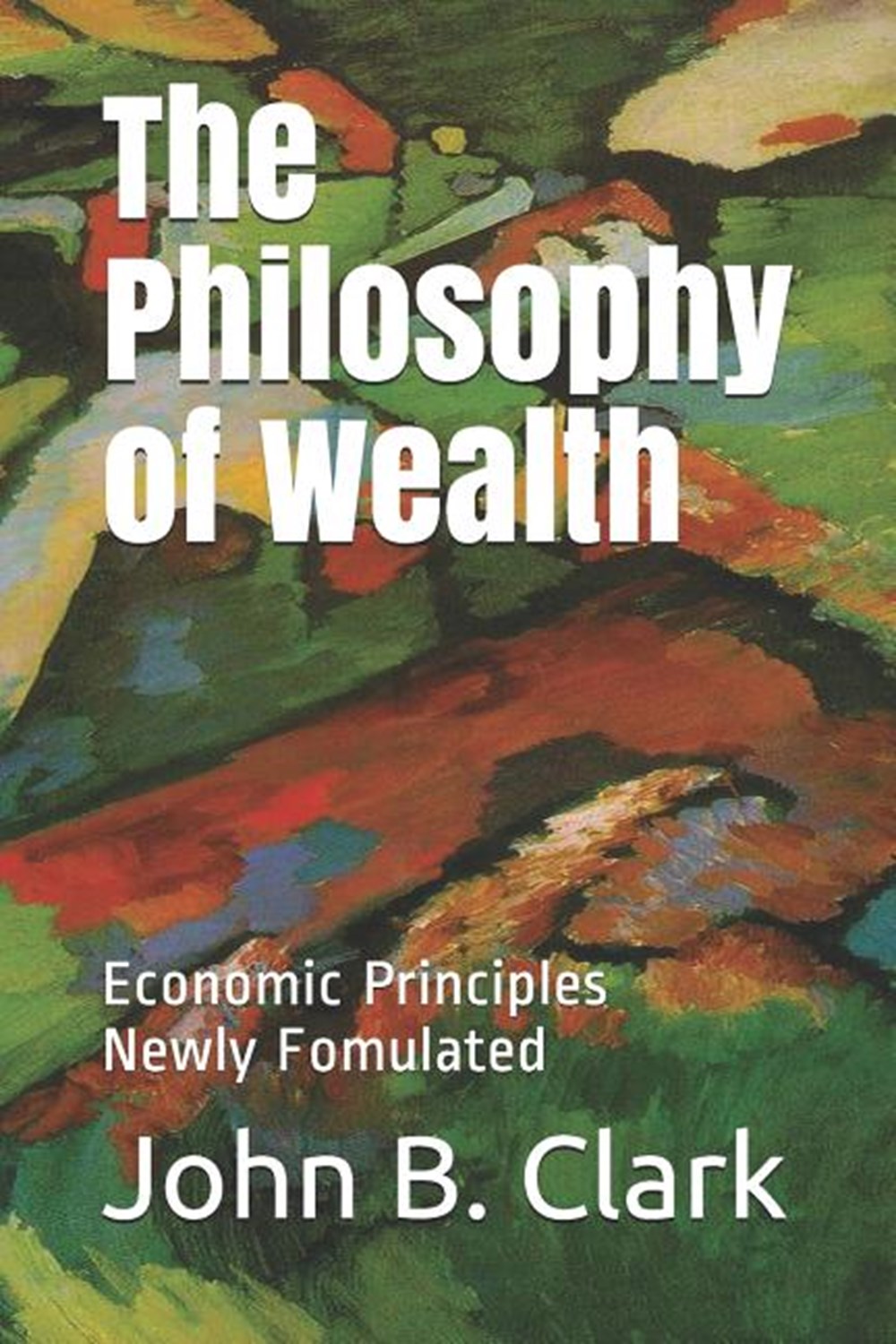
The Philosophy of Wealth: Economic Principles Newly Formulated
Some years ago, after listening to a somewhat animated discussion respecting some of the many subjects which are included under the general term, "Political Economy," a metaphysical friend remarked in our hearing that in the discussion of metaphysical questions everything was clear and one had a firm footing and solid ground to stand on, but in the questions of Political Economy everything seemed, in comparison, hazy, and that it was difficult to arrive at definiteness.
| Quantity | Price | Discount |
|---|---|---|
| List Price | $9.95 |
Non-returnable discount pricing
$9.95
Book Information
| Publisher: | Independently Published |
|---|---|
| Publish Date: | 06/30/2019 |
| Pages: | 254 |
| ISBN-13: | 9781077176461 |
| ISBN-10: | 1077176465 |
| Language: | English |
Full Description
Some years ago, after listening to a somewhat animated discussion respecting some of the many subjects which are included under the general term, "Political Economy," a metaphysical friend remarked in our hearing that in the discussion of metaphysical questions everything was clear and one had a firm footing and solid ground to stand on, but in the questions of Political Economy everything seemed, in comparison, hazy, and that it was difficult to arrive at definiteness. We have been reminded of this remark in reading this little treatise by Professor Clark. Here economic principles are newly formulated. What has been written by Adam Smith, John Stuart Mill, J. B. Say, Bastiat, and other "orthodox" writers, as Professor Clark styles them, are vigorously attacked, and new definitions and new lines of argument are adopted. The style is vigorous and clear, and there can be no doubt of the author's meaning. It is quite refreshing too, to follow the thought of a writer who has the courage of his convictions and is not afraid to carry out his principles to their legitimate conclusions.One of the most interesting chapters is the third, in which the author argues that the volition of man is an important factor in economic laws; and therefore political economists should study man, as an individual and as a member of an organized society in order to interpret rightly the economic laws. The moral element too is shown to bear an important part, for "with advancing civilization each member labors less and less for himself, and more and more for the social whole. This is economic altruism," and selfishness which is sometimes claimed to be the cause and effect of economic laws is ruled out and supplanted. Our space will not permit us to show how the author applies his principles to the consideration of wealth, labor, demand and supply, and other economic subjects. The discussion is everywhere fresh and stimulating, and no one can read them without new and enlarged views of what "social classes owe to each other." Some of these chapters were originally published in "The New Englander," but the argument has been extended and applied to other branches of Political Economy.-"New Englander and Yale Review,"a Volume 45 [1886]

